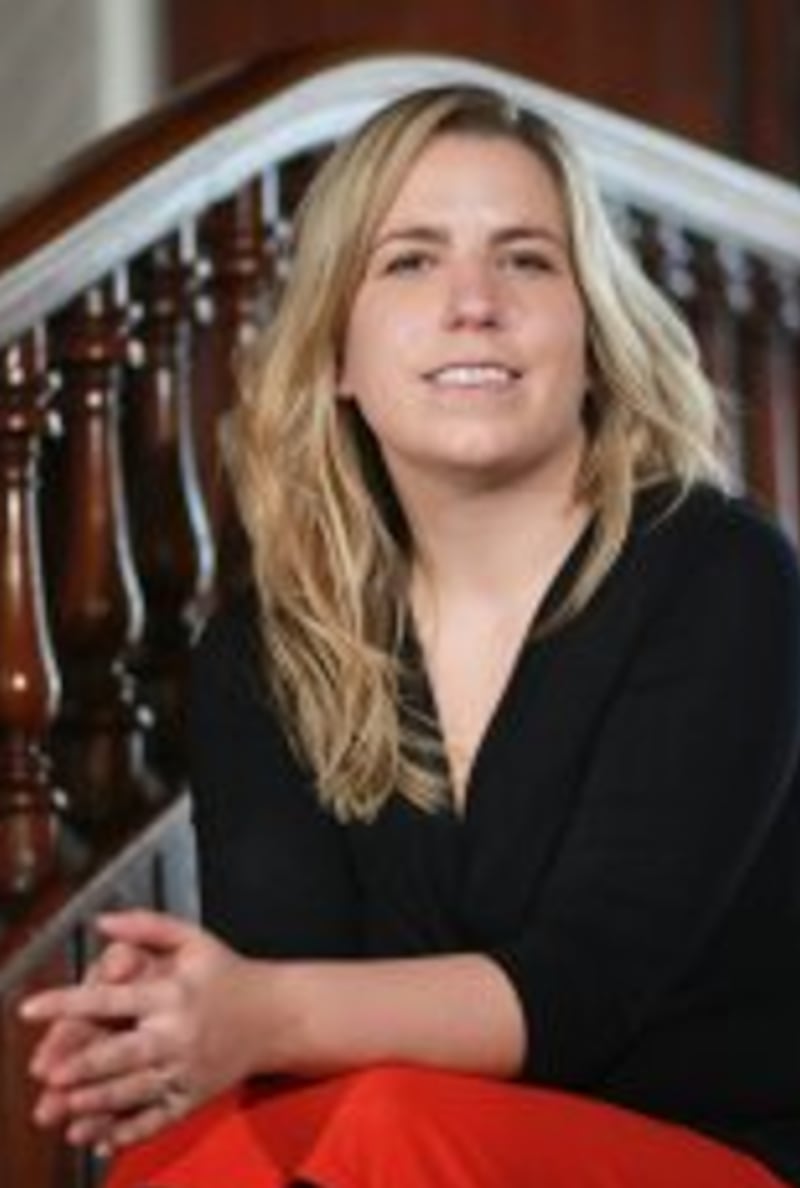A cancer expert has warned younger people in Northern Ireland not to ignore symptoms as the number of people diagnosed under 50 has jumped by 20% in 25 years.
Professor Helen Coleman, a cancer epidemiologist at Queen’s University Belfast, made the comments after the Princess of Wales (42) revealed her diagnosis last week.
Taking part in research along with the Northern Ireland Cancer Registry, cancer figures from 1993 were compared with 2019 - the year before the disruption of the pandemic.
In 2019, 1,076 people aged between 18-49 were diagnosed with a form of cancer in Northern Ireland – up 20.5% since 1993.
Cancers most commonly diagnosed in older people – bowel, breast, stomach and pancreatic – were found to be more common in young adults.
For women, the amount of cases increased by a quarter (27%), with the most common types being breast, melanoma and cervical cancer.
Cases for men increased by 9%, with the most common causes being testicular, lymphoma and colorectal cancer for men.
Professor Coleman told The Irish News that possible explanations include being exposed to known risk factors for cancer – like smoking, alcohol and obesity – at a lower age.
“But that often doesn’t fit with many patients’ lived experiences,” she said.
“The other explanation could be that this generation is being exposed to the things that are different in our environment, like exposure to chemicals or medications like antibiotics.
“There’s also a lot of debate about processed food.”

With little evidence to establish a definitive link, she urged people under 50 to be more aware of changes in their bodies.
“If there is something that is unusual for them, a symptom that doesn’t fit with their normal pattern. Then please come forward and speak to your GP,” she said.
“The chances are that it’s not cancer or the risk is very low. But if it is cancer, it’s really important that you know about it and get diagnosed early.
“The treatment and outcomes are much more effective then. Please don’t just think ‘I’m too young to get cancer, I’m only 40-years-old’ if you have something like a change in bowel habits, a really persistent cough or something very unusual on your skin.
“We need people to be aware of these changes regardless of your age.”
Today’s news shines a light on the concerning rise of early onset cancers (in people aged 18-49 yrs)
— Prof Helen Coleman (@HelenColemanQUB) March 22, 2024
Our research with @AC_Hamilton1 using @NICanReg data ➡️ a 20% ⬆️ in people this age being diagnosed with cancer since 1990s - types differ for men & women https://t.co/VC45ZXBB4a pic.twitter.com/xDrFMuS3ak
With similar findings in other western countries, she noted the United States has lowered the screening age for bowel cancer to 45.
“The only cancer screening we have in place for this (18-49) age range in Northern Ireland is cervical cancer screening, for women aged 25 and older.”
“I think what’s more likely to be helpful here for diagnosing other cancers is more people coming forward,” she said.
“What we need to understand about people being diagnosed at this age, is if their cancers are different from older people.
“Are they more aggressive and what’s leading to this increase so we can help to prevent it.”








